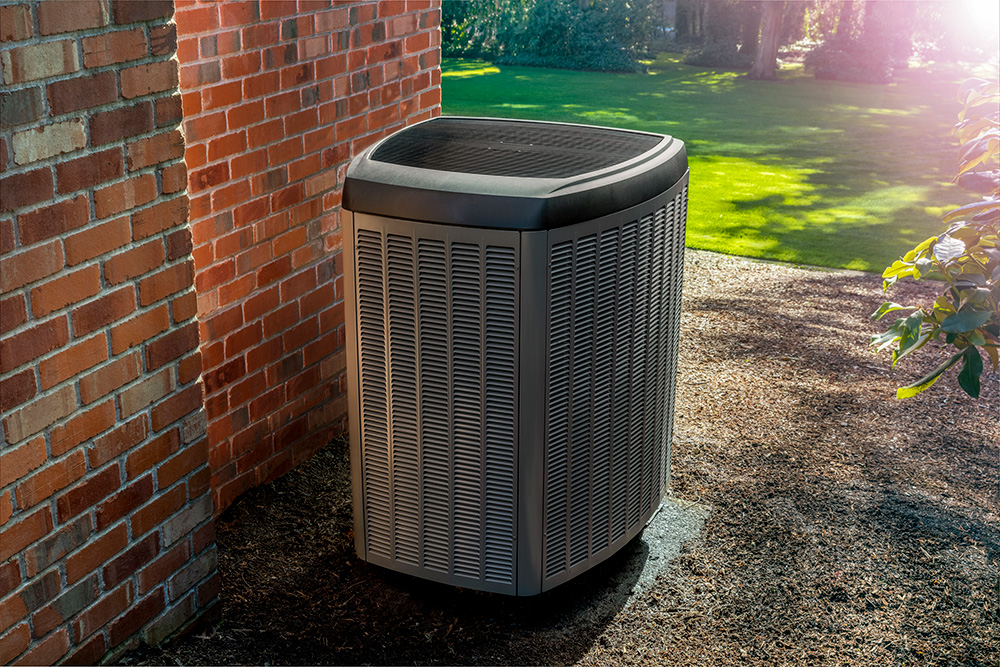Early retirement: how to avoid running out of money
This content is for information purposes only and should not be taken as financial advice. Every effort has been made to ensure the information is correct and up-to-date at the time of writing. For personalised and regulated advice regarding your situation, please consult an independent financial adviser here at Castlegate in Grantham, Lincolnshire or other local offices.
As financial planners, perhaps the most common question we receive is: “How do I keep myself from running out of money when I retire?” This is understandable. In retirement, you no longer rely on a salary to fund your lifestyle. Rather, income comes largely from pensions – which may eventually deplete, if not carefully managed. In this guide, our team at Castlegate (financial planners in Grantham) explains how to avoid the “pensioner poverty” trap. We hope you find this content helpful. If you want to discuss your own financial plan with us, please get in touch to arrange a no-obligation financial consultation, at our expense:
01476 855 585
info@casfin.co.uk
Build up enough wealth
The first step, of course, is to determine how much you need to spend across retirement and then make sure you have enough saved (e.g. in pensions) to cover your requirements. How much you need depends on your goals and circumstances. Yet one survey by Which suggests that a retired couple spends, on average, £2,170 a month. This rounds to about £26,000 per year – of which £18,000 covers “basic” expenditure such as utilities and food. For those who have more “luxurious” lifestyles (e.g. regular long-haul holidays), the annual income needed is closer to £41,000.
Given that your retirement could last 30+ years (depending on retirement date and your life expectancy), you will need to build up enough wealth across a working life to attain the savings you need. One report by the BBC suggests that, to attain a £20,000 income by retirement, a 25-year-old will need to set aside at least £246 per month into a pension. If the worker starts saving at age 35, however, then this monthly figure rises to £404.
Keep within your means
Once you have built up your wealth and start relying on your pension income, it is vital to not overspend. This may be straightforward for those who have been disciplined in this respect during their careers. However, if you have struggled with getting into regular debt, then bear in mind that this can create greater problems in retirement. After all, in older age you might not be as able – or willing – to pick up extra work to pay off costly debts (e.g. unpaid credit cards).
One positive step you can take is to make plans, well in advance, to bring some of your costs down as you enter retirement. In particular, those who own a home will benefit from paying off their mortgage fully beforehand. For most people, this removes their largest monthly expense and so lowers the amount they need to save, overall, for retirement.
When you do reach retirement, it will also be important to be continually mindful of your “safe withdrawal rate” for your pension pot(s). This represents the amount you can regularly take out without causing disproportionate harm to your retirement fund. Your safe withdrawal rate is often shown as a percentage of your portfolio value – e.g. 2% or 3% – and allows you to take an income whilst allowing the remaining, invested funds to continue experiencing capital growth.
Have a contingency plan ready
Retirement can bring unexpected events for many people which undermine their retirement lifestyle. Maybe you go through a divorce which leads to a division of your wealth. Or perhaps you need to enter long term care due to illness (e.g. dementia). Having a contingency plan ready for the great “what if” questions can help to safeguard your retirement goals.
Take the scenario of needing to enter social care. This can be hugely expensive, with weekly fees as high as £1,600 per week if you need 24/7, in-home care. Here, you can factor some government support into your contingency plan. First of all, the new “social care cap” limits the total anyone spends on social care at £86,000 (although, crucially, this does not cover all care-related costs – such as food). Secondly, you should never be completely impoverished by social care. Once your wealth falls below £23,250, the local council should step in to help.
In light of this, those still saving for retirement may wish to add up to £86,000 more to their “target fund value”, in case they ever need to enter care (e.g. for a few years). If this event never transpires, then this can form a nice extra inheritance for loved ones, later.
Another scenario to consider is a stock market crash. Pensions are often invested heavily in company shares (e.g. on the London Stock Exchange), and so a 20-30% sudden drop in the stock market could dramatically lower the value of a retirement portfolio – as happened in 2020 when COVID-19 swept the western world. This, in turn, could lower your safe withdrawal rate until the markets recover.
Here, one way to protect yourself is to “de-risk” your retirement fund so that more money is held in “safer” assets, such as A-listed bonds. Another idea is to ensure that there is a comfortable gap between your essential monthly costs and your safe withdrawal rate during “normal” market conditions. That way, if stocks markets do fall for a period, your retirement lifestyle should not be dramatically affected.
Conclusion & invitation
If you are interested in discussing your own financial plan or investment strategy with us, please get in touch to arrange a no-commitment financial consultation at our expense:
01476 855 585
info@casfin.co.uk












